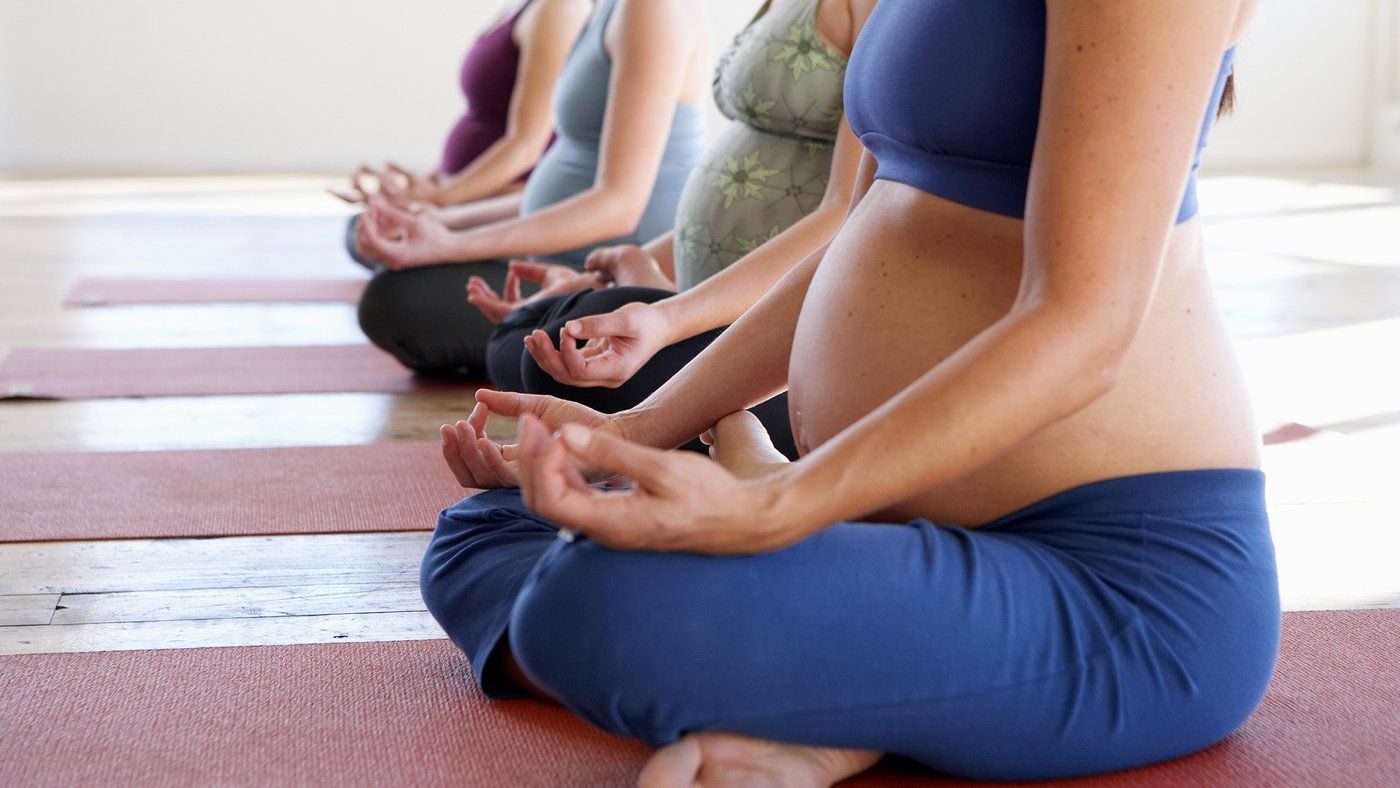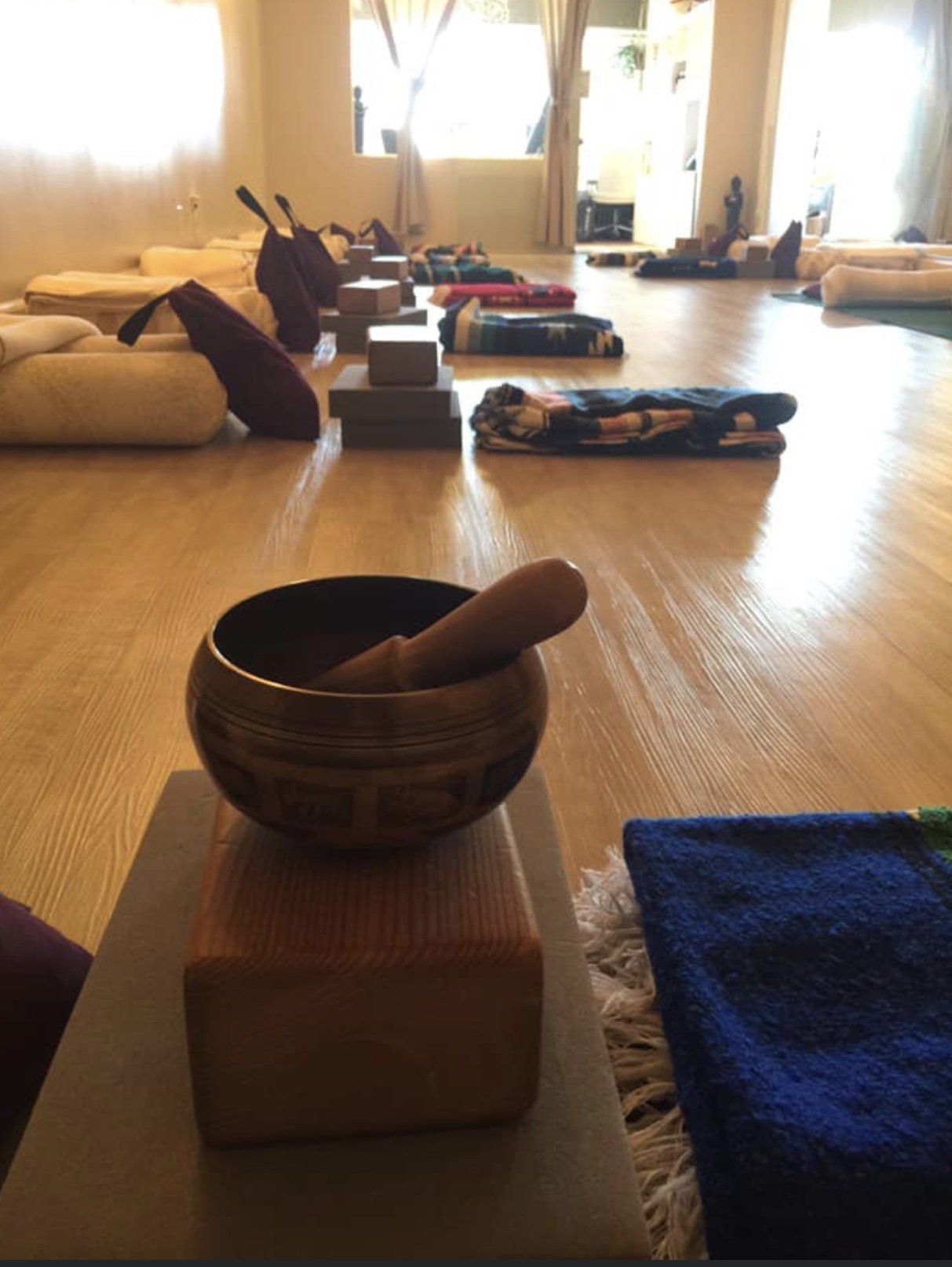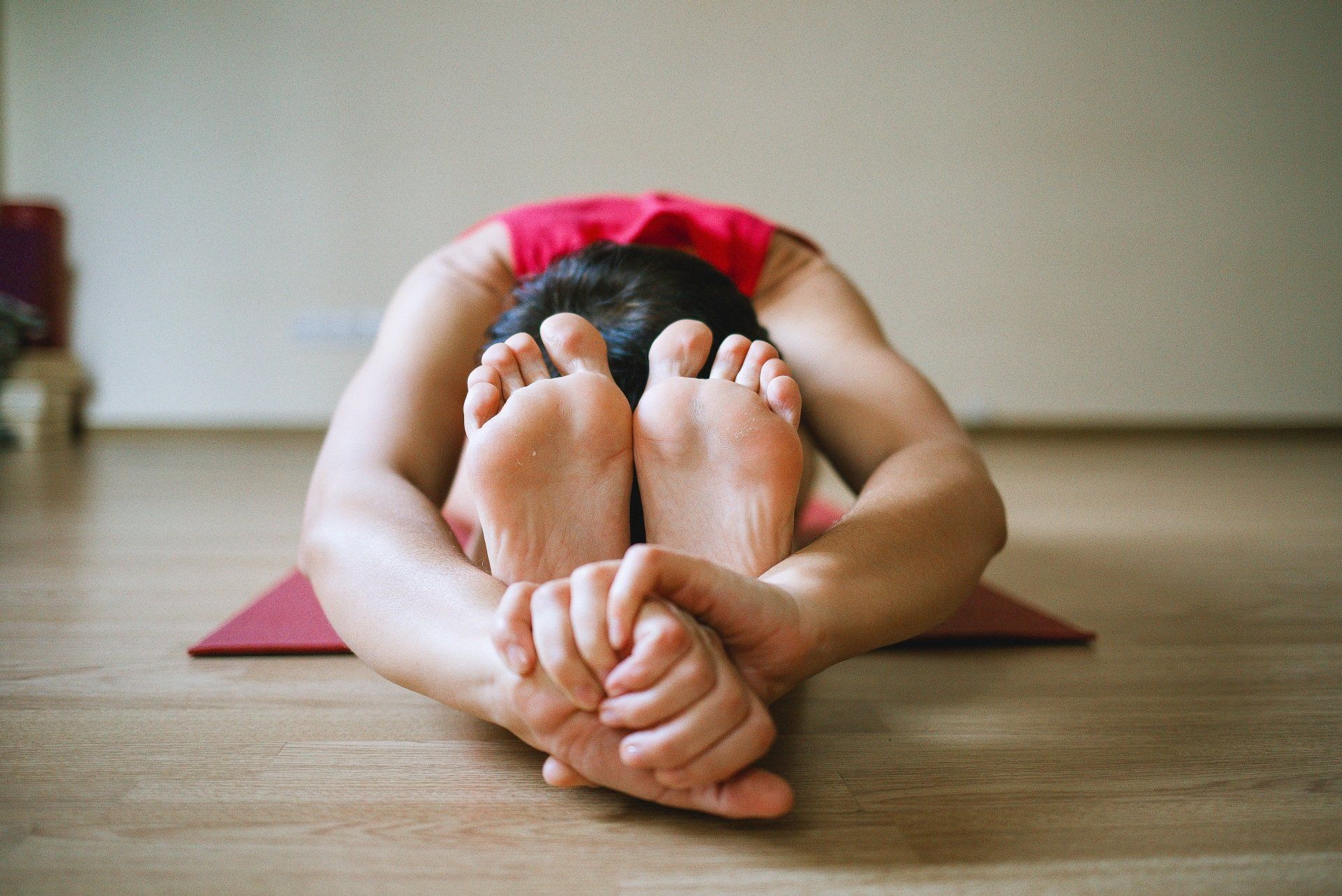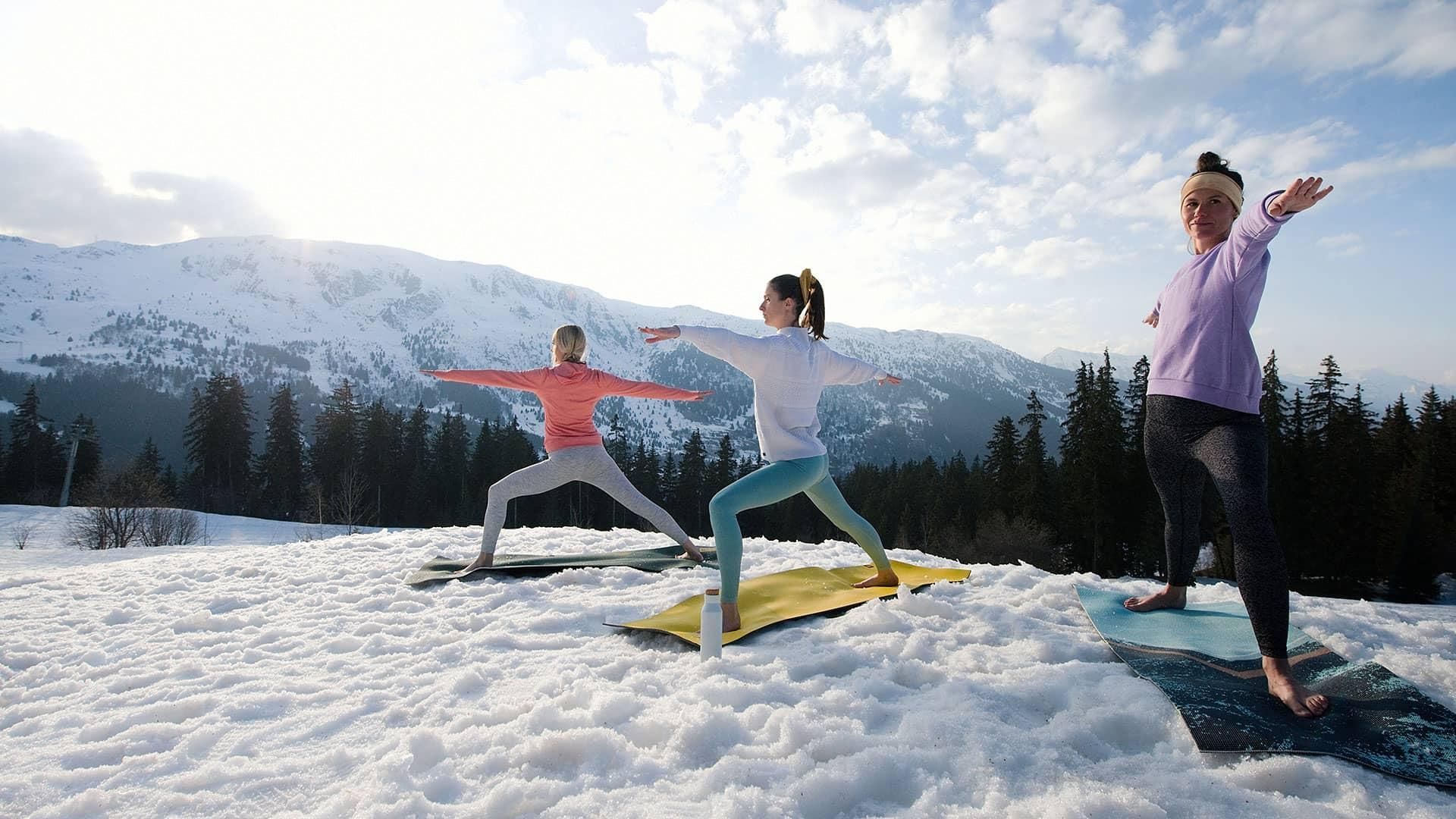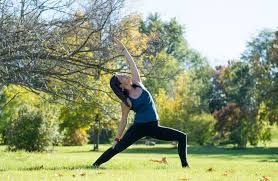What Are You Holding Onto Too Tightly?
- By Yoga Studio Calgary
- •
- 13 Feb, 2018
- •
and how to let it go
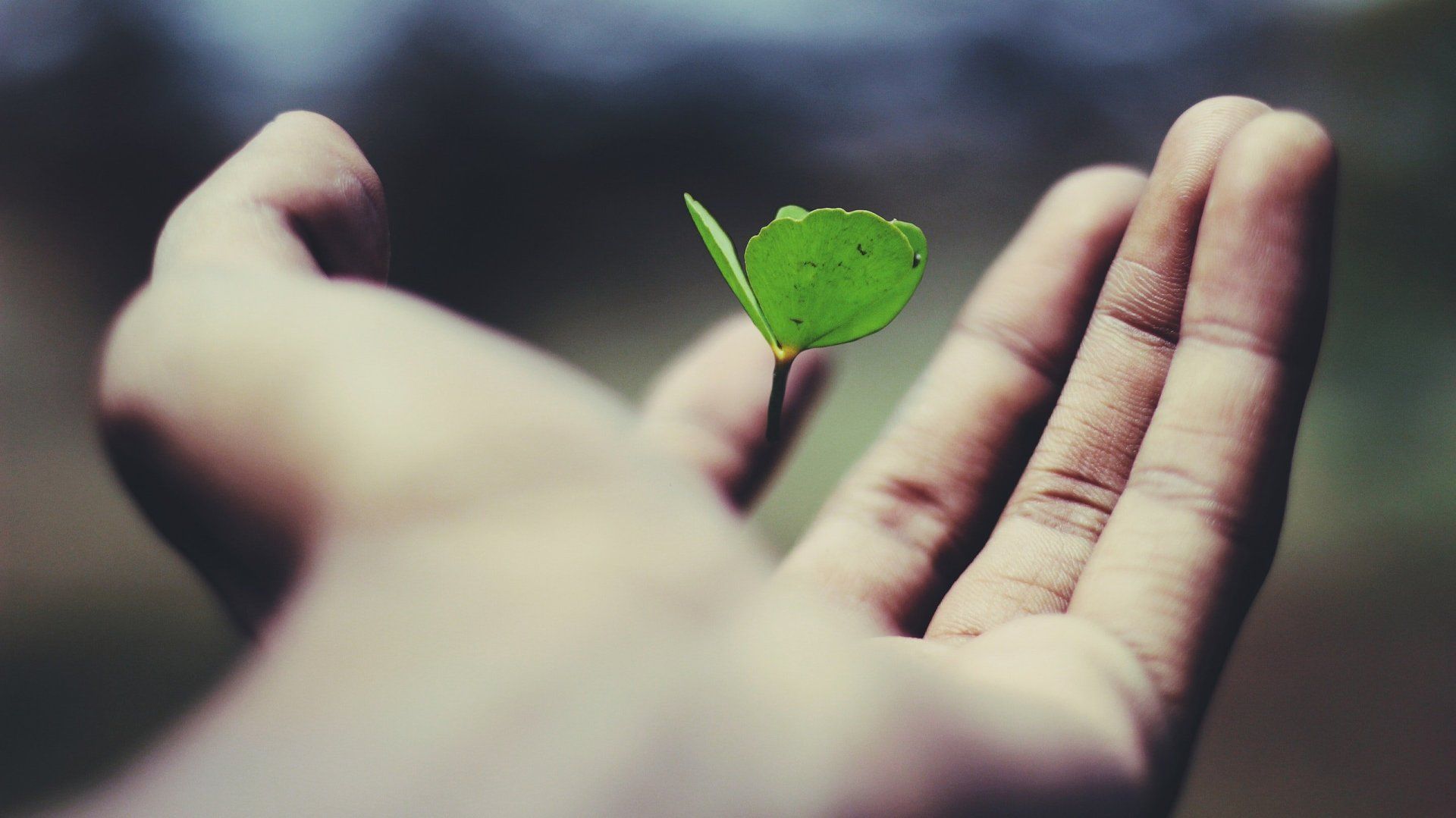
There is a practice that exists off your yoga mat. It is a practice of life, a practice to know happiness, contentment, joy, and peace. A practice
to experience fulfillment and adventure, to reach freedom and hear wisdom. This practice happens through direction from Patanjali's Yoga
Sutras and specifically, the Yamas and Niyamas. Personal restraints and personal practices.
Exploring these one by one, we grow to recognize the patterns that show up in our lives. We start to see the roadblocks and self sabotaging we set up.
We strive to establish a life where we are "in the flow". In this place, life feels easeful and joyous. The Yamas and Niyamas are your life road map to this place. Although we do not arrive there by striving, we arrive there by witnessing our lives unfolding and noticing how we are being guided.
Aparigraha (non-possessiveness) is one of the Yamas we invite into our lives to find freedom from the things and thoughts that hold us back, tie us down, weigh us down, wear us out, leave us longing and pleading. As Deborah Adele describes it; Aparigraha teaches us how to "pack lightly for our journey".
Ask yourself, do you feel worn out? Do you feel you own your things and your thoughts, or do your things and your thoughts own you?
Maybe now is the time to start unpacking that overstuffed and cluttered suitcase.
What are you holding onto too tightly?
How easy is it to become attached to things or ideas, opinions or judgments?
Our life suitcases are full of expectations, judgements, desires attachments, criticism and opinions. These are all heavy and often negative.
Our suitcases are also full of clinging onto good memories and craving to experience these times again and again.
Spend some time over the next few days evaluating what can be unloaded from your suitcase. Material things that take up space in your home and environment that serve no purpose in your life, can they go?
Thoughts, ideas, opinions, emotions that take up space in your mind and your soul, can they go? Release the maintenance routine that is
attached to caring for the needs of these things and thoughts so you can feel what freedom feels like, even if it is only from a brief moment, be in that moment fully.
to experience fulfillment and adventure, to reach freedom and hear wisdom. This practice happens through direction from Patanjali's Yoga
Sutras and specifically, the Yamas and Niyamas. Personal restraints and personal practices.
Exploring these one by one, we grow to recognize the patterns that show up in our lives. We start to see the roadblocks and self sabotaging we set up.
We strive to establish a life where we are "in the flow". In this place, life feels easeful and joyous. The Yamas and Niyamas are your life road map to this place. Although we do not arrive there by striving, we arrive there by witnessing our lives unfolding and noticing how we are being guided.
Aparigraha (non-possessiveness) is one of the Yamas we invite into our lives to find freedom from the things and thoughts that hold us back, tie us down, weigh us down, wear us out, leave us longing and pleading. As Deborah Adele describes it; Aparigraha teaches us how to "pack lightly for our journey".
Ask yourself, do you feel worn out? Do you feel you own your things and your thoughts, or do your things and your thoughts own you?
Maybe now is the time to start unpacking that overstuffed and cluttered suitcase.
What are you holding onto too tightly?
How easy is it to become attached to things or ideas, opinions or judgments?
Our life suitcases are full of expectations, judgements, desires attachments, criticism and opinions. These are all heavy and often negative.
Our suitcases are also full of clinging onto good memories and craving to experience these times again and again.
Spend some time over the next few days evaluating what can be unloaded from your suitcase. Material things that take up space in your home and environment that serve no purpose in your life, can they go?
Thoughts, ideas, opinions, emotions that take up space in your mind and your soul, can they go? Release the maintenance routine that is
attached to caring for the needs of these things and thoughts so you can feel what freedom feels like, even if it is only from a brief moment, be in that moment fully.
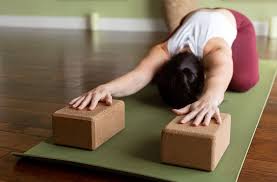
Inhale: 1-2-3-4-5. Exhale: 1-2-3-4-5. If you’ve been doing breathing exercises to feel calmer, happier, and more focused, you know how soothing yoga is.
Despite being an ancient practice, yoga has become increasingly popular, and for good reason. It is suitable for people of all ages and effective for treating chronic conditions.
Interestingly, scientists have discovered that this practice has several mental health benefits. Let’s explore the relationship between yoga and well-being, as well as the evidence-based benefits of yoga.

So, it’s THAT time of year again. The cards are out, flowers and chocolates in the shops, and the candlelit tables are all booked up weeks in advance. With good reason, many of us find it all rather superficial and insincere. Perhaps some of us might join the cynical chorus asking why we need a specific day to express our affection for someone else. We may even go as far as to accuse the the forces of capitalism of driving demand for “stuff”. But I’m not here to monologue on the meaningfulness of St. Valentine’s Day, and I’m certainly not here to criticise anyone for wanting to express themselves or to show affection for someone else (we all need to be doing this more, not less).
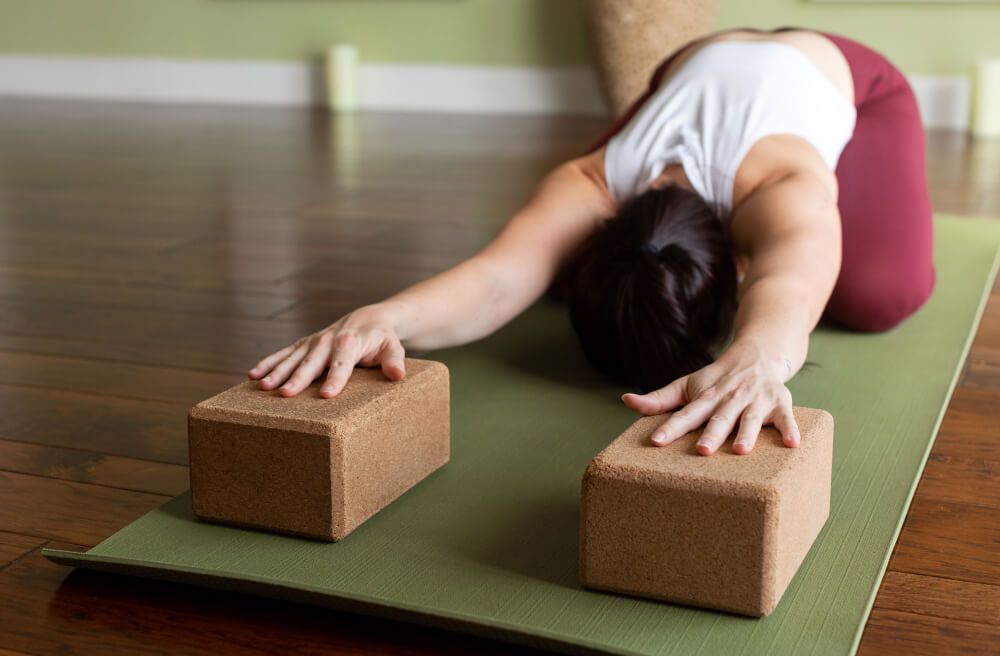
Can yoga reduce anxiety?Yes! Many studies have demonstrated the effectiveness of yoga in reducing stress, anxiety, and depression. In one study, women who participated in a three-month yoga program experienced significant improvements in perceived stress, anxiety, and depression. In another study, ten weeks of yoga helped reduce stress and anxiety for participants.

Happy New Year yogis! I’ve often found this time of year to be especially powerful in enhancing my yoga practice. Of course, yoga is always a powerful practice, but the gift of the new year brings deep reflection and introspection that can amplify processes of self-inquiry, expanding our spiritual awareness and commitment to yogic living.
